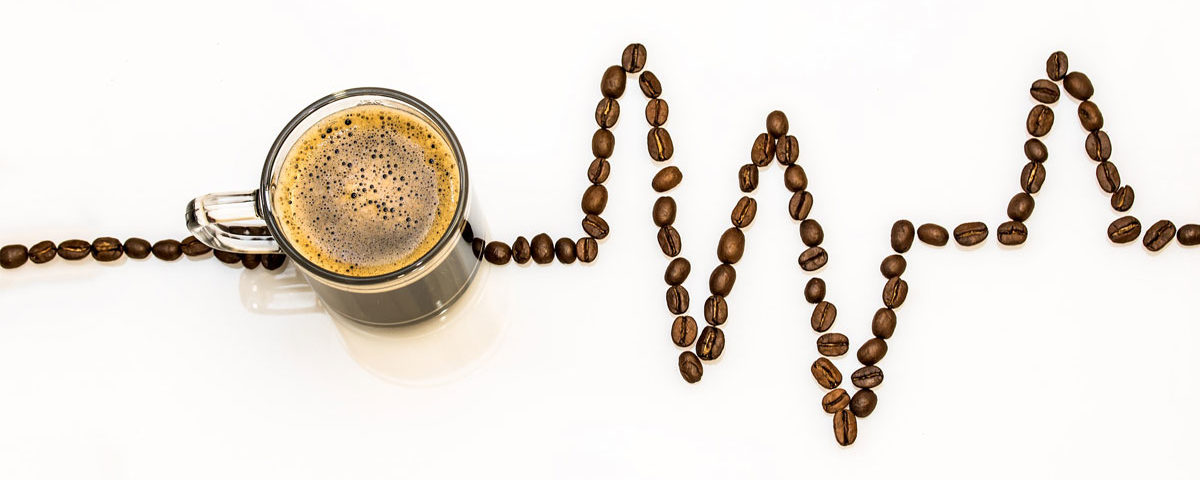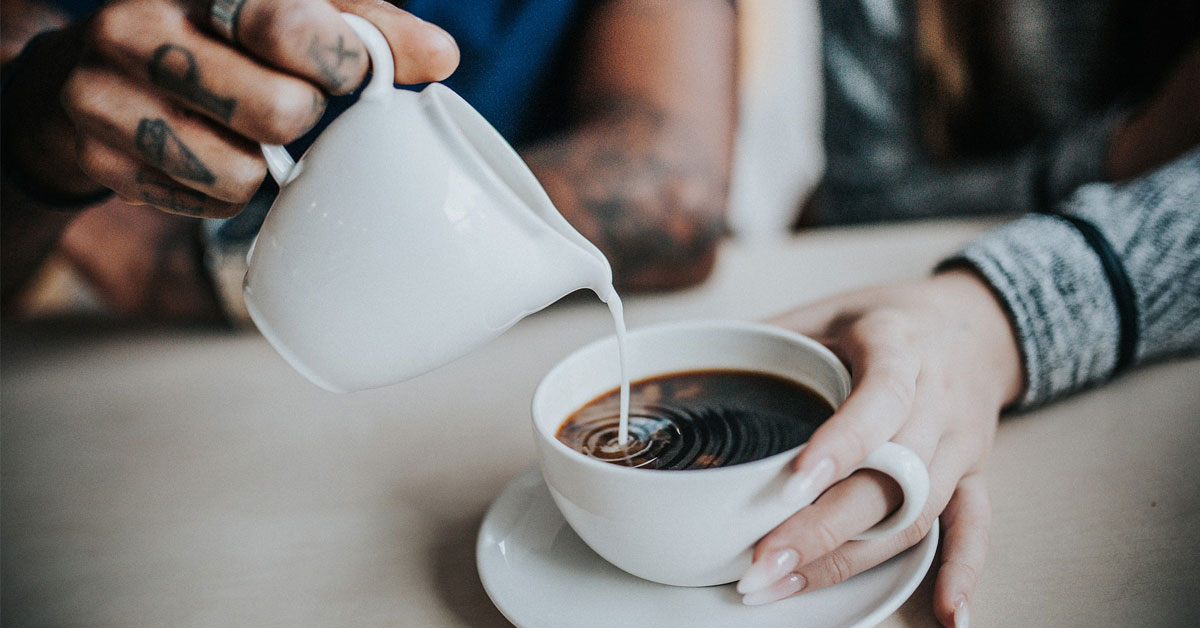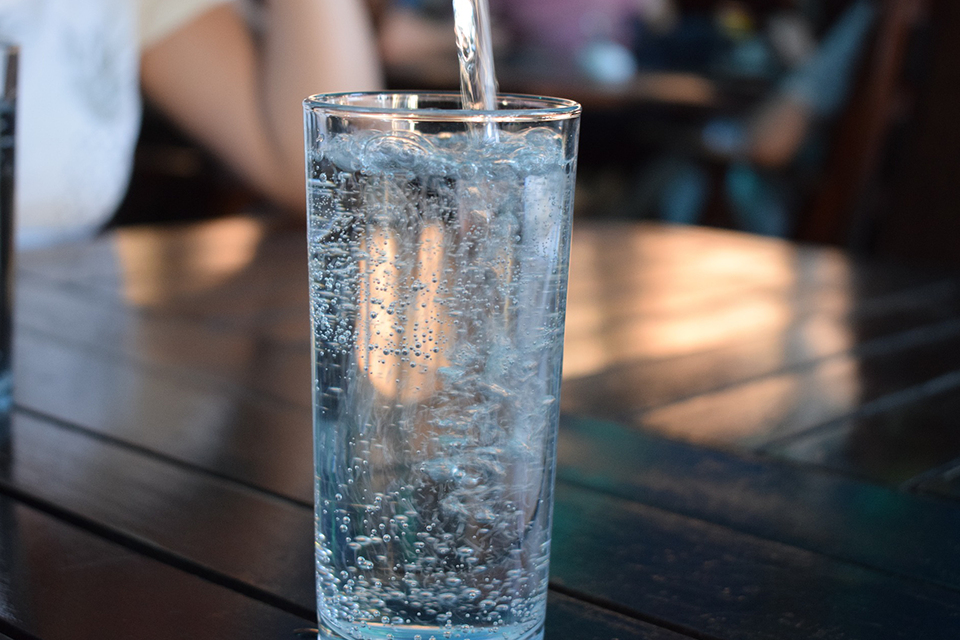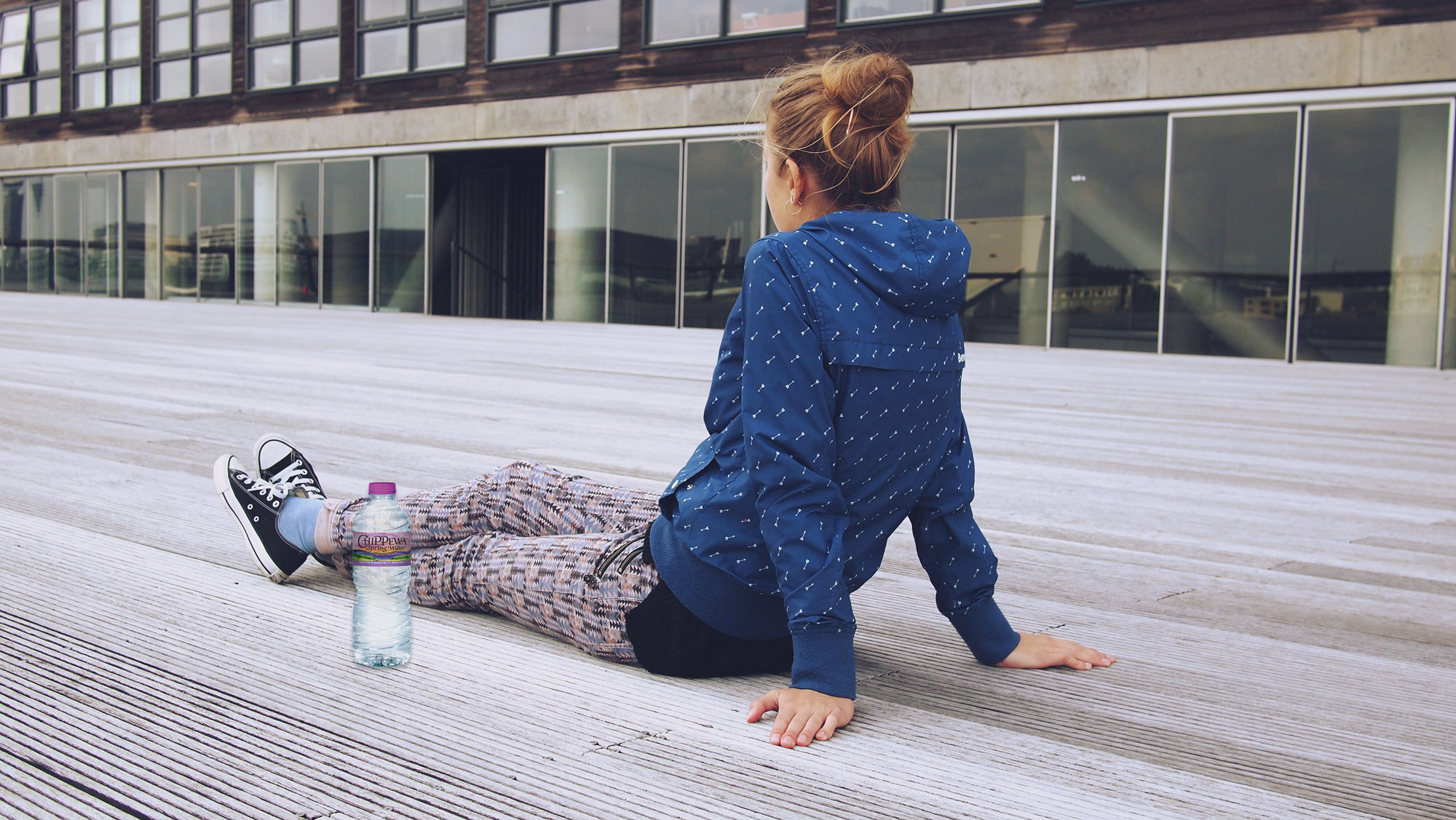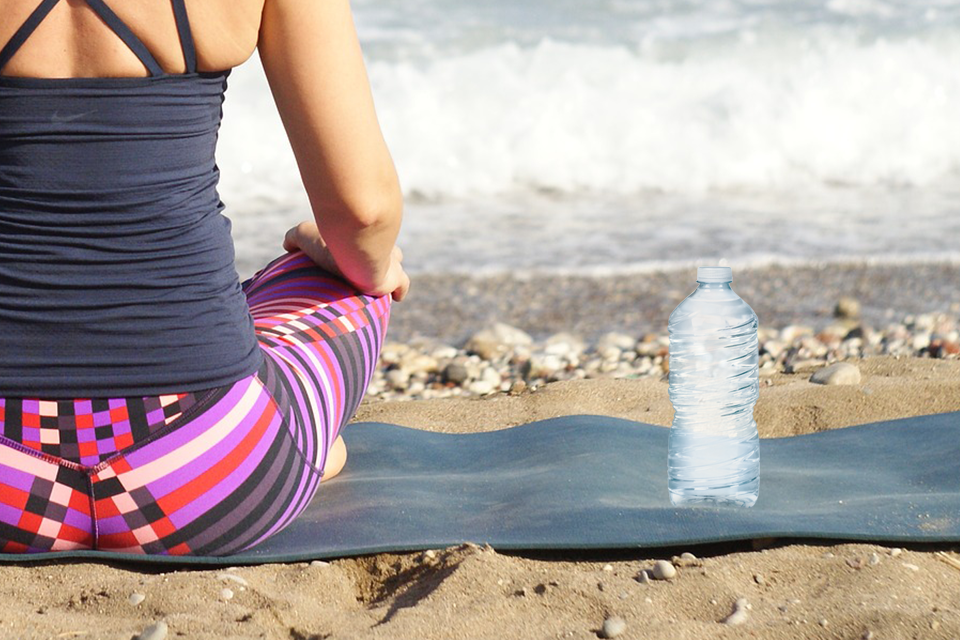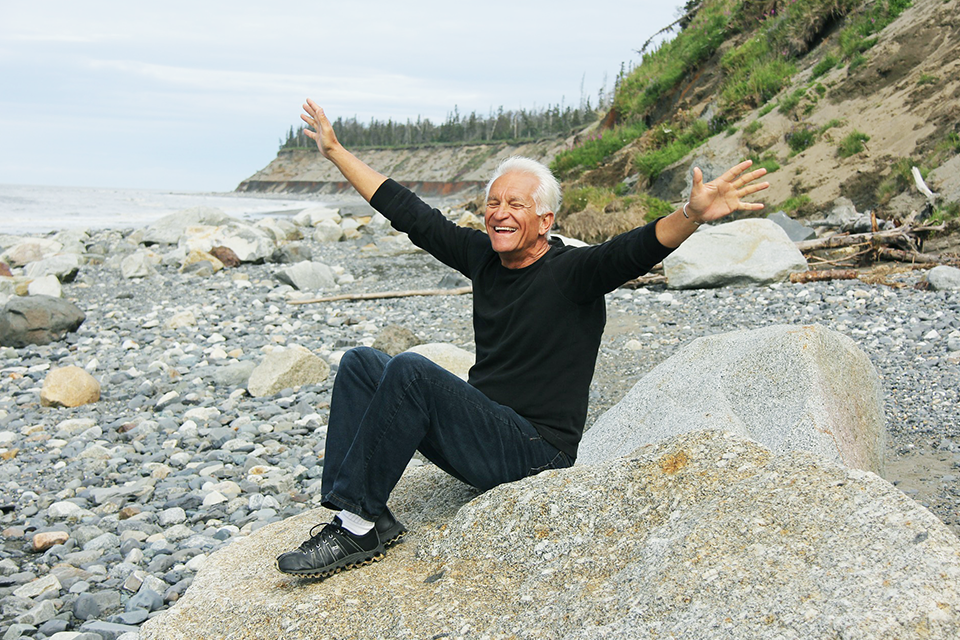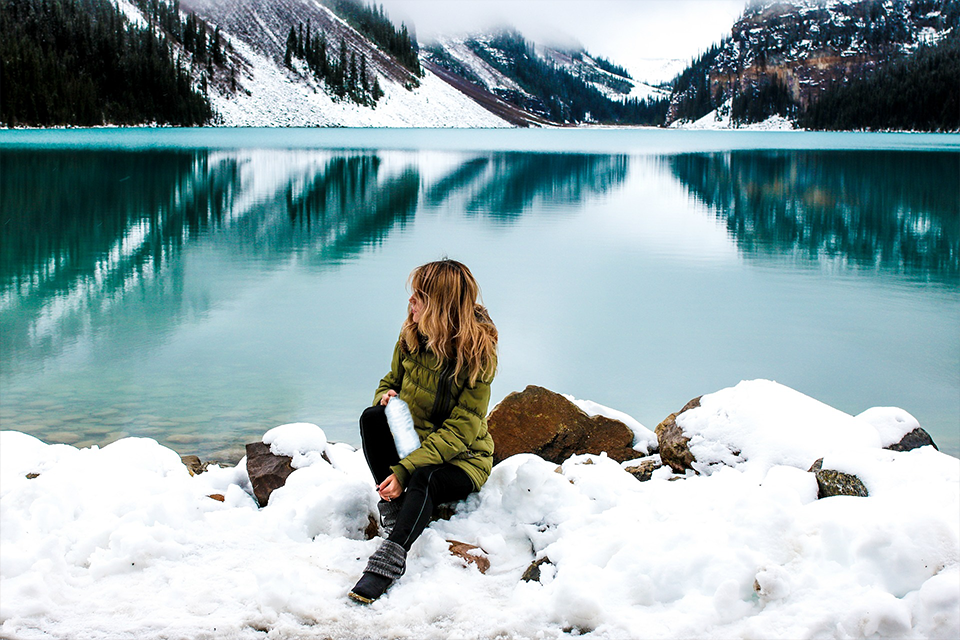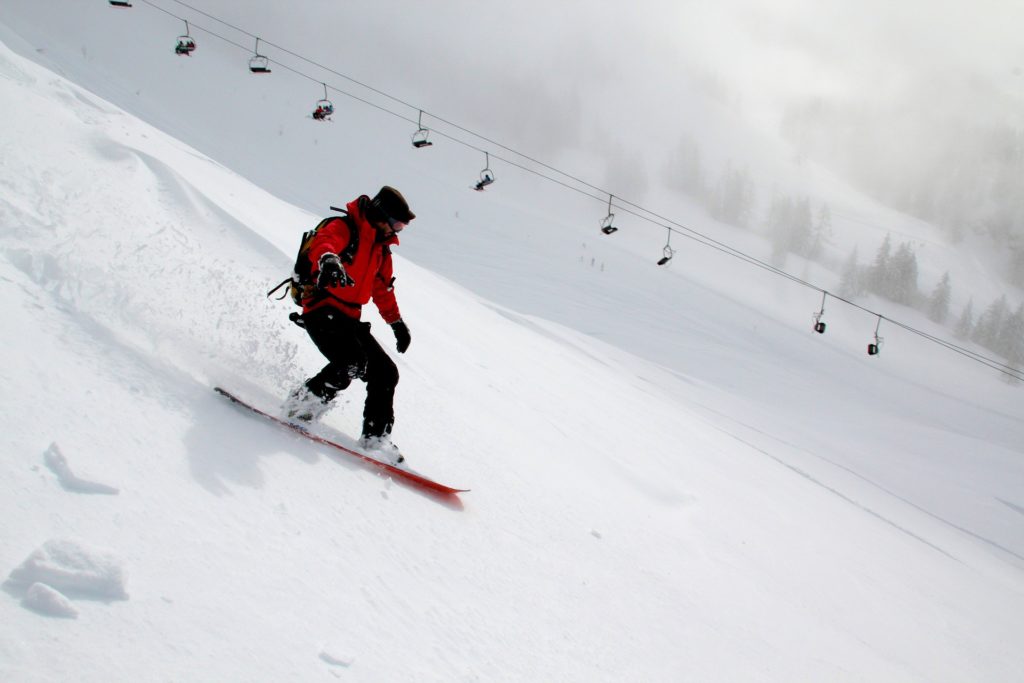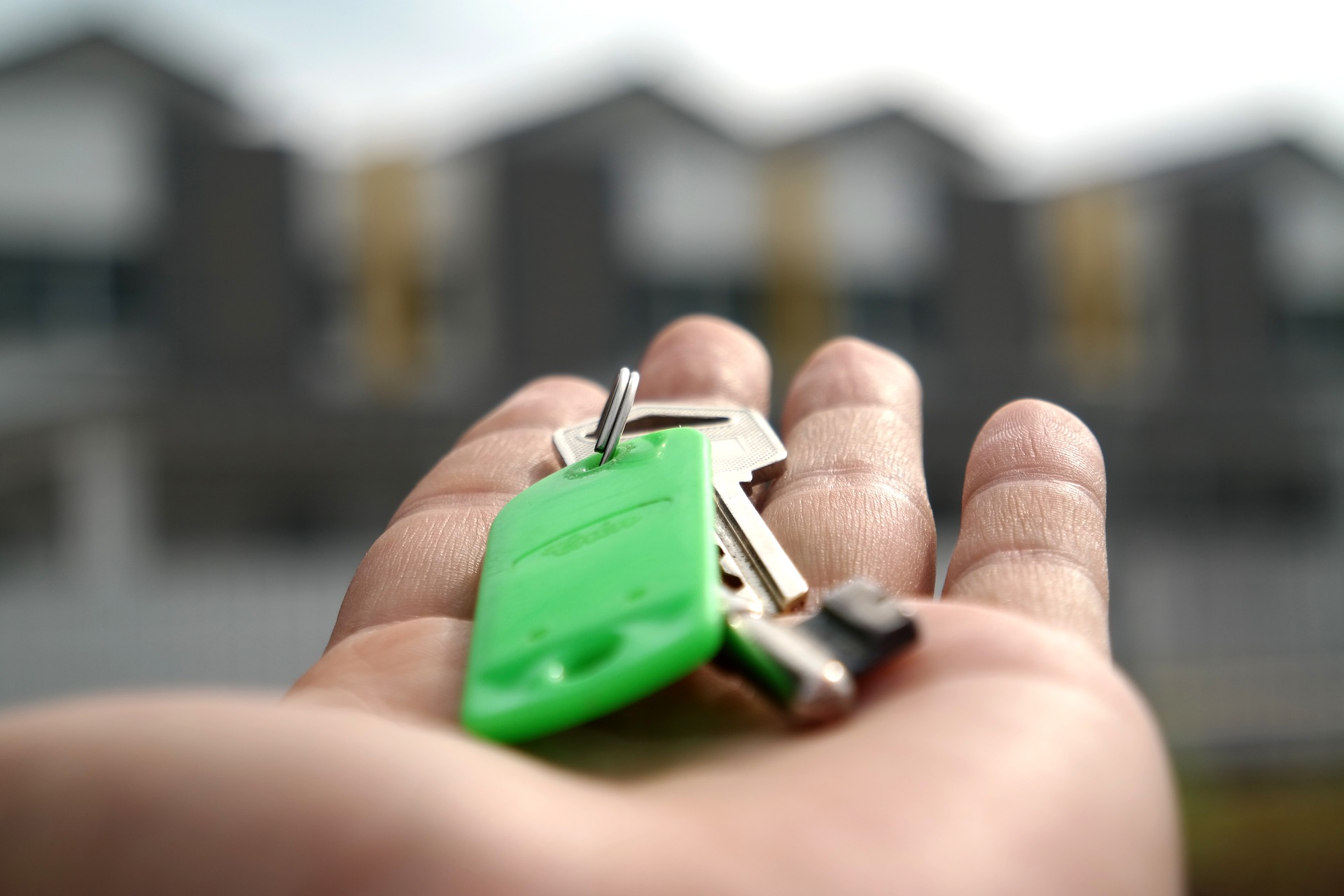
Unpacking towers of boxes. Changing addresses. Turning on utilities. Moving to a new home can be an exciting but stressful endeavor. We’re here to help you de-stress by offering some of the best home water delivery services available to keep you and your loved ones happy and hydrated when starting this new chapter in your lives.
Make Moving Easier with the Best Home Water Delivery in the Twin Cities
With a long history of experience, trust us to provide your home with a safe, consistent, and reliable source of drinking water. We take pride in offering fast, friendly, and professional water delivery services right to your front door. It’s convenient, dependable, and hassle free. You also have the flexibility to schedule regular deliveries to ensure that your drinking water never runs out. Whether it’s cases of bottled water or a water cooler, we have options to suit any lifestyle and preference.
We’ve outlined all the ways to keep your fridge stocked and your family hydrated with these delivery options!
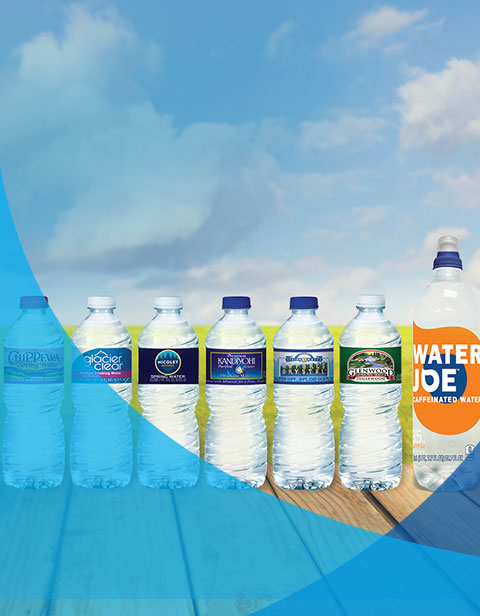
Bottled Water
Refresh on the go with easily portable water bottles. Choose from drinking, spring, artesian, fluoridated, distilled, flavored, and caffeinated varieties. Our water bottles are available in 10 oz, 16.9 oz, 20 oz, and 1-liter sizes and come in cases of 24. Our popular brands of water include Chippewa® Springs, Glacier Clear™, Nicolet™, Kandiyohi™ Premium, and Nature’s Crystal™. Our unique caffeinated option named Water Joe™ is energy at its simplest form. Made with only two ingredients (water with a kick of caffeine), there’s no sugar, artificial sweeteners, carbs, color, or taste.
Water Coolers
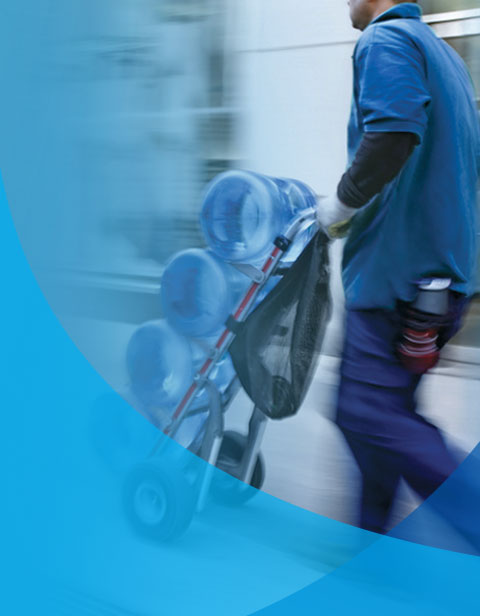
We offer top- and bottom-load water coolers for a convenient, economical, and energy efficient way for your home to have clean water for drinking, cooking, and more. Our stylish, ENERGY STAR® certified coolers are available in white, black, and stainless steel to easily blend into the décor of your home. Enjoy hot or cold water on demand for that giant mug of hot cocoa or glass of refreshing chilled water.
Choose from 3- and 5-gallon bottles of our popular water brands to give you a reliable source of fresh water when you need it. Want to know the best part? We’re currently offering a FREE 1-month water service trial, which includes three 5-gallon bottles, a water cooler, and delivery. No obligations. No pressure. Just crisp, great-tasting water delivered right to your home – or even your office!
We’re thrilled to offer some of the best home water delivery options in the Twin Cities & Wisconsin. We specialize in the business of delivering high-quality water and have the experience to back it up. We’ve got your water needs covered, so you can focus on settling into your new home.

